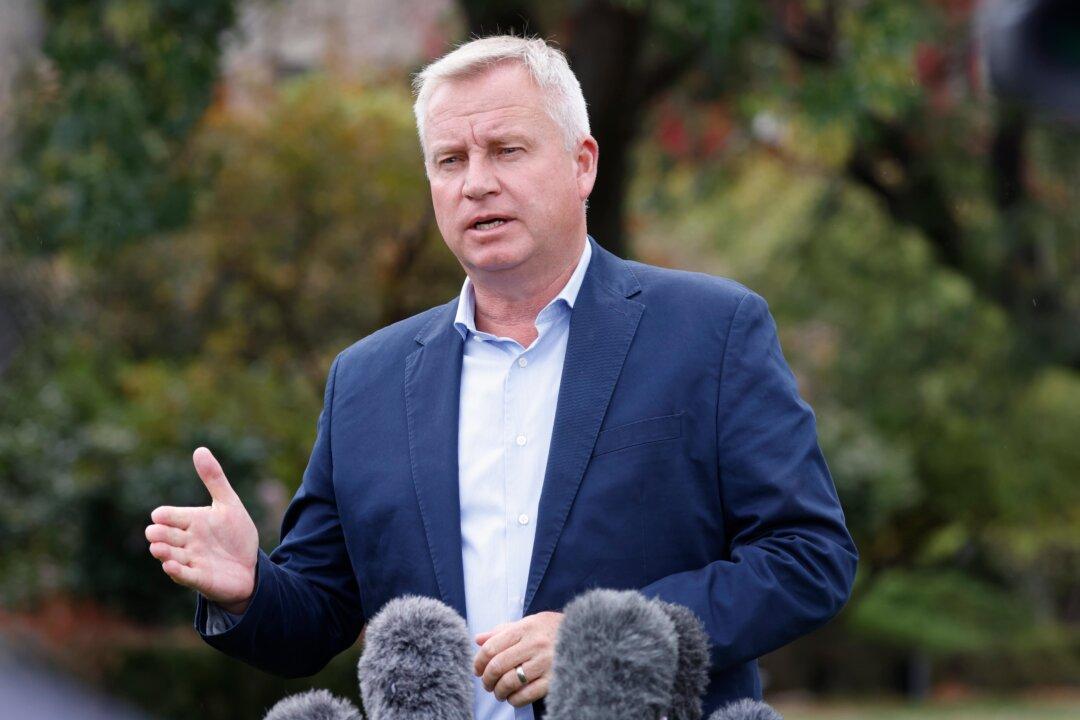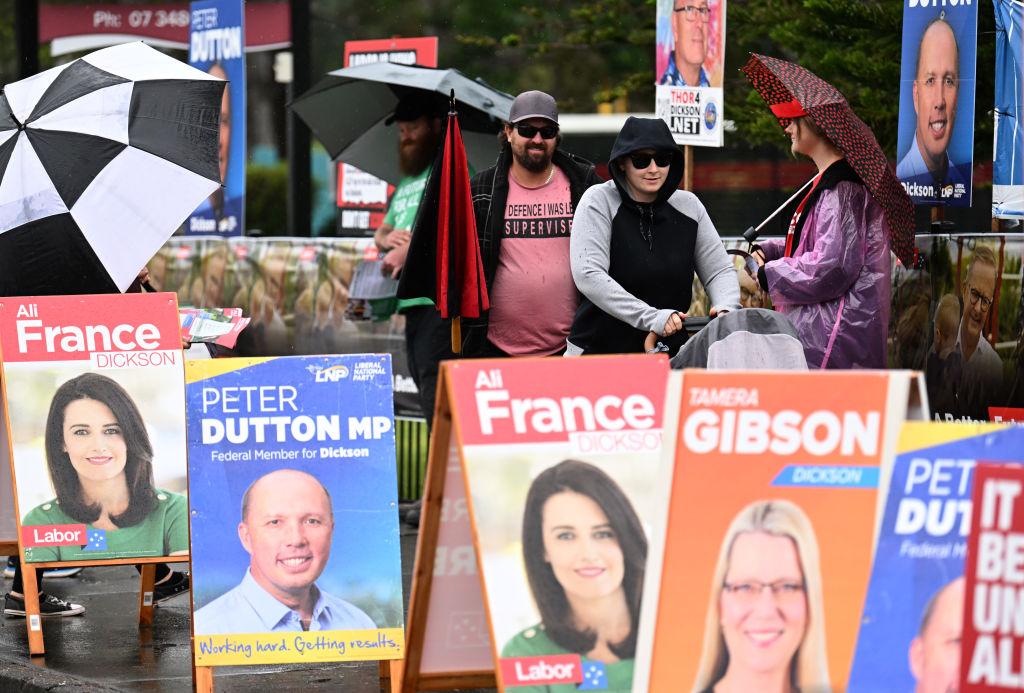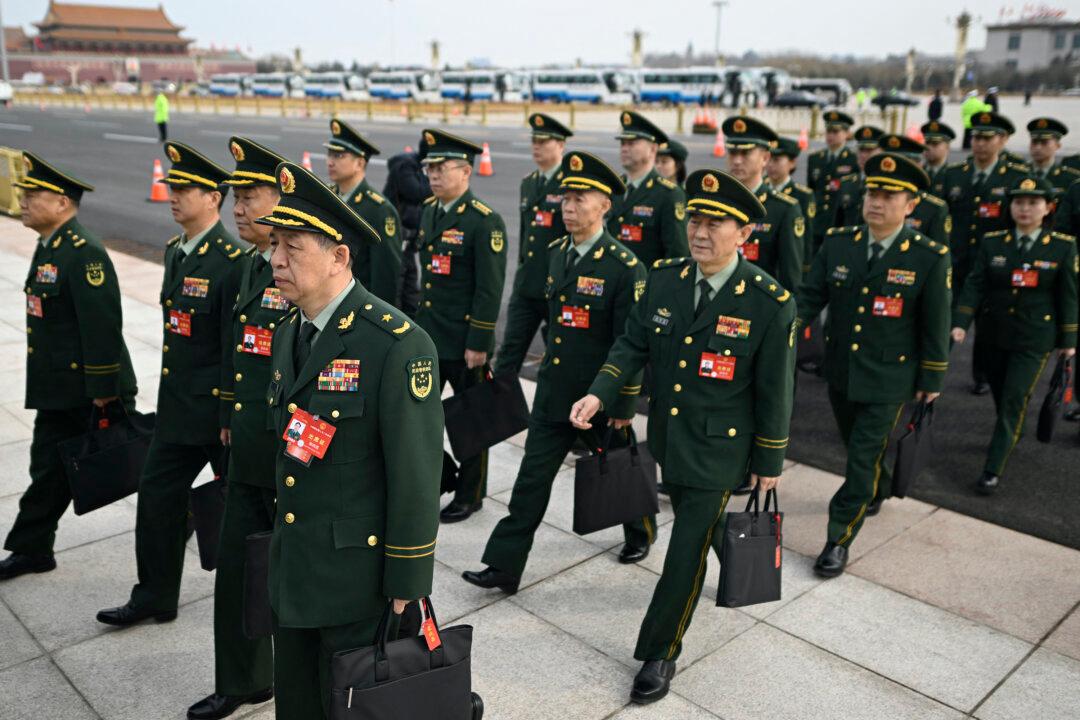Commentary
The lot of a first-term opposition leader is hell on earth. No matter what initiative is promoted, the cry will be: “Well, why didn’t you do it while in government?” And, of course, every problem the new government faces is the fault of the previous government, which left everything financially booby-trapped.





